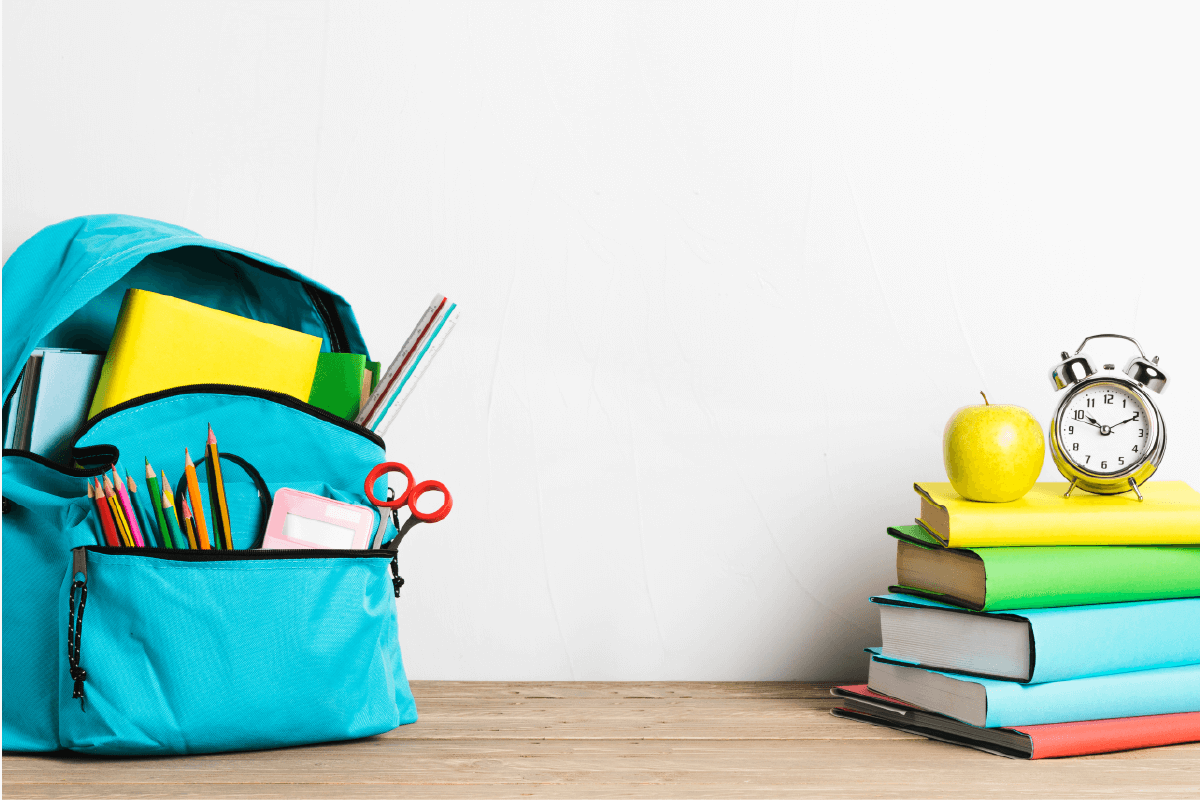Children can often be disorganised and messy although there are some children who are naturally inclined to be organised and systematic. Children who are organised and systematic have an increased memory, are good in time management. Most children however, struggle with daily deeds such as misplacing books, failing to meet deadlines etc. Inculcating organisational skill sin children from an early age can help groom them into responsible adults who will succeed beyond school and academics. Here are a few tips on imbibing and ensuring children stay organised:
Using Checklists
Checklists are a great way to keep a note of assignments and chores children need to do. Motivating children to make a to-do list every day and insisting they list down their homework and assignments will create a sense of accountability in them. Once children complete the list, they will feel a sense of accomplishment which will further motivate them to complete their tasks. Once this becomes a habit, children will naturally meet deadlines and manage their time effectively.
Designated Study Space
A common issue parents face with children is being messy. Most parents complain their children are not organised and throw their belongings everywhere. The best way to resolve this is by assigning children designated spaces. Children should know a particular place is meant only for particular tasks. Setting up a designated study space and a designated play area ensures children keep their belongings safe and orderly. These designated areas also enable children to naturally do the tasks and make a habit out of the same. A designated study space not only helps children get organised but also motivates them to study once they sit there.
A Household Schedule
Children learn best by watching their parents and elders at home. In order to teach children to stay organised, it is important for parents and other members in the house to stay organised too. Making a household schedule and noting down the family’s commitments, upcoming major events helpmembers of the family to stay aware of the happenings and keep track of the members. Once a regular schedule is established, children will fall into a pattern of sleep, meals and other tasks. Once children develop a solid daily regime, they become independent and responsible since they know their schedule.
Rewarding Children
Children perform and listen better when appreciated for their efforts. Noticing or appreciating children when they finish their tasks on time or when they clean their room helps children feel good. When parents reward children, it makes children proud and confident. Moreover, rather than only finding faults taking the positive step to approve of their good deeds will create much more stronger bond and positive environment on the whole.
While there are several ways to help children become and stay organised, these are the major ways to help inculcate organisational skills in children. Other methods to get children to be organised include letting children be in charge of simple tasks at home. Giving children the freedom and support to handle an event or tasks all by themselves makes them feel responsible and confident. Simple gestures such as letting children make appointments; fill out forms etc can go a long way in making them responsible and organised adults. This also creates a bond of trust, positivity and respect between parents and children.
Table of Contents















Get Social